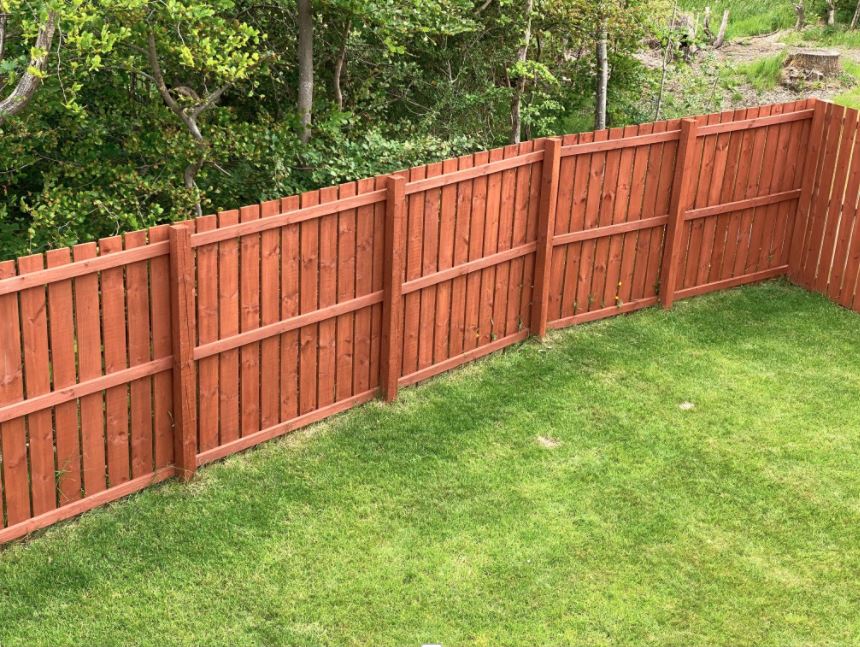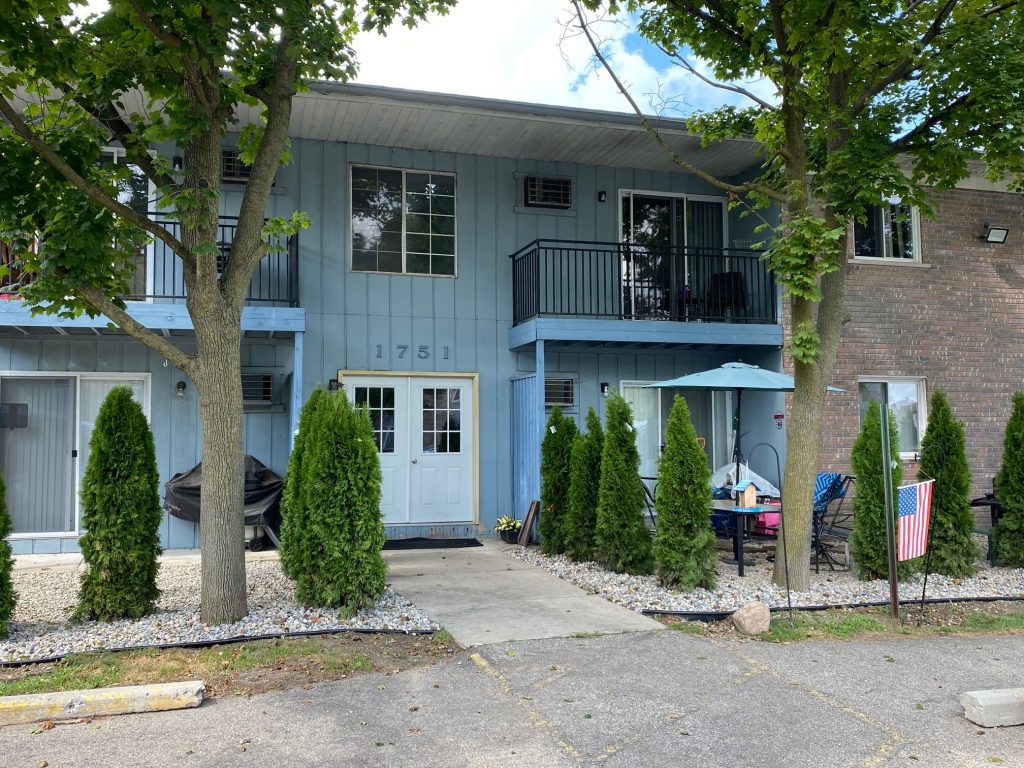Installing a fence is a significant undertaking that can dramatically alter the appearance and functionality of your property. When faced with the decision to install a new fence, homeowners often grapple with the choice between doing it themselves (DIY) or hiring a professional installation service. This decision is particularly crucial for those living in specific regions, such as Leeds, where factors like weather and terrain play a significant role in the success of Leeds fencing projects. In this comprehensive guide, we’ll delve into the benefits and drawbacks of both DIY and professional fencing installation, helping you make an informed decision that suits your needs.
Understanding the Basics of Fence Installation
Before we dive into the comparison, it’s essential to understand the basic steps involved in fence installation. These steps typically include:
- Planning and Design: Deciding on the type of fence, measuring the area, and obtaining necessary permits.
- Material Selection: Choosing materials based on durability, aesthetics, and budget.
- Preparation: Clearing the area, marking the fence line, and setting posts.
- Installation: Assembling and securing fence panels or materials.
- Finishing Touches: Adding gates, applying paint or stain, and ensuring stability.
Each of these steps requires a certain level of expertise and effort, which is where the DIY vs. professional debate comes into play.
The DIY Approach: Benefits and Drawbacks
Benefits of DIY Fence Installation
- Cost Savings: One of the most significant advantages of DIY fence installation is cost savings. By eliminating labour costs, you can significantly reduce the overall expense of the project. This is particularly appealing for homeowners on a tight budget.
- Personal Satisfaction: Completing a project with your own hands can be incredibly rewarding. For those who enjoy hands-on work and have a knack for DIY projects, installing a fence can be a satisfying endeavour.
- Flexibility: When you handle the installation yourself, you have complete control over the schedule. You can work at your own pace, making adjustments as needed without coordinating with a professional service.
- Customisation: DIY projects allow for a high level of customisation. You can choose materials, designs, and finishes that perfectly match your vision and requirements.
Drawbacks of DIY Fence Installation
- Time-Consuming: Fence installation is a labour-intensive process that can take a considerable amount of time, especially for those with limited experience. What might take a professional a few days could take you several weekends.
- Skill and Knowledge: While many homeowners possess basic DIY skills, fence installation often requires specialised knowledge, particularly when dealing with uneven terrain, specific soil types, or local regulations.
- Equipment Costs: Proper fence installation requires specific tools and equipment, which can be costly if you don’t already own them. Renting equipment is an option, but it still adds to the overall expense.
- Potential for Mistakes: Without professional expertise, there is a higher risk of making errors during the installation process. Mistakes can lead to structural issues, reducing the fence’s longevity and potentially increasing maintenance costs.
- Physical Demand: Installing a fence is physically demanding work. It involves digging, lifting, and carrying heavy materials, which can be challenging and strenuous.
Professional Fence Installation: Benefits and Drawbacks
Benefits of Professional Fence Installation
- Expertise and Experience: Professional installers have the knowledge and experience to handle all aspects of fence installation efficiently. They are familiar with local regulations, soil conditions, and best practices, ensuring a high-quality result.
- Time Efficiency: Hiring professionals can save you a significant amount of time. With their expertise and resources, they can complete the project much faster than a DIY approach.
- Quality Assurance: Professional services often come with guarantees or warranties on their work. This provides peace of mind, knowing that any potential issues will be addressed without additional cost.
- Access to Resources: Professionals have access to high-quality materials and equipment. They can source the best products for your specific needs and ensure proper installation using the right tools.
- Reduced Physical Strain: By hiring professionals, you avoid the physical demands of fence installation. This is particularly beneficial for those with limited physical capabilities or health concerns.
Drawbacks of Professional Fence Installation
- Higher Costs: The primary disadvantage of hiring professionals is the higher cost. Labour charges can significantly increase the overall expense of the project, making it less appealing for budget-conscious homeowners.
- Scheduling Constraints: When working with a professional service, you need to coordinate with their schedule. This can sometimes lead to delays or inconveniences, particularly during peak seasons.
- Less Control: While professionals can offer advice and recommendations, you may have less control over the project’s specifics. Communication is key to ensuring your vision is realised, but it requires a level of trust in the professionals’ judgement.
- Potential for Miscommunication: There is always a risk of miscommunication when working with external contractors. Clear and detailed instructions are essential to avoid misunderstandings and ensure the final product meets your expectations.
Factors to Consider When Making Your Decision
When deciding between DIY and professional fence installation, several factors should be considered to make the best choice for your situation.
Budget
Your budget is likely the most significant factor. If cost savings are a priority, DIY might be the best option. However, it’s crucial to consider the potential for additional costs due to mistakes or equipment rentals. For those with a more flexible budget, professional installation offers convenience and quality assurance.
Time Availability
Consider how much time you can realistically dedicate to the project. If you have a busy schedule or need the fence installed quickly, hiring professionals is likely the better choice. On the other hand, if you have ample free time and enjoy DIY projects, you may find the process enjoyable and manageable.
Skill Level
Assess your skill level and experience with DIY projects. Fence installation requires a certain level of expertise, particularly for more complex designs or challenging terrain. If you’re confident in your abilities and have experience with similar projects, DIY could be a viable option. If not, it might be best to leave it to the professionals.
Project Complexity
The complexity of your fence design plays a significant role in the decision-making process. Simple designs on flat terrain are more manageable for DIY installation. However, if your project involves intricate designs, varying elevations, or specific requirements (such as security or privacy), professional expertise is invaluable.
Physical Ability
Fence installation is physically demanding work. Consider your physical ability and any potential health concerns before deciding on a DIY approach. If the work seems too strenuous, hiring professionals ensures the job is completed safely and efficiently.
Local Regulations
Different regions have varying regulations regarding fence installation. Professional installers are well-versed in local codes and permit requirements, ensuring compliance and avoiding potential fines. If you’re unfamiliar with these regulations, it might be safer to hire a professional.
The Leeds Fencing Perspective
For residents in Leeds, specific regional factors can influence the decision between DIY and professional installation. Leeds’ weather conditions, including frequent rain and variable soil types, can present unique challenges for fence installation. Here are some considerations for Leeds fencing projects:
- Weather Resistance: Leeds experiences a fair amount of rain, which can impact the durability and longevity of your fence. Professional installers can recommend materials and treatments that enhance weather resistance, ensuring your fence stands the test of time.
- Soil Conditions: The soil in Leeds can vary significantly, affecting the stability of fence posts. Professionals have the expertise to assess soil conditions and implement proper techniques for secure installation.
- Local Regulations: Leeds has specific regulations regarding fence height, placement, and design. Professional installers are familiar with these regulations and can ensure your fence complies with local laws, avoiding potential issues.
- Aesthetic Considerations: Leeds is known for its picturesque landscapes and historic architecture. A professional installer can help you choose a fence design that complements the local aesthetic, enhancing your property’s overall appeal.
- Leeds Fencing Services: There are numerous reputable fencing companies in Leeds that offer a range of services, from consultation to installation. These professionals can provide valuable insights and ensure your fencing project is executed to the highest standards.
Making Your Decision
Ultimately, the decision between DIY and professional fence installation depends on your unique circumstances and priorities. Here’s a summary to help guide your choice:
Choose DIY if:
- You have a limited budget and want to save on labour costs.
- You enjoy hands-on projects and have the necessary skills and tools.
- You have ample time to dedicate to the project.
- The fence design is relatively simple and straightforward.
- You are physically capable of handling the demands of the installation.
Choose Professional Installation if:
- You have a flexible budget and prefer the convenience of professional services.
- You want to ensure high-quality, durable results with a warranty.
- You have a busy schedule and need the project completed quickly.
- The fence design is complex, or the terrain presents challenges.
- You prefer to avoid the physical demands of fence installation.
- You need to comply with specific local regulations and want expert guidance.
Whether you choose to embark on a DIY fence installation or hire a professional service, careful planning and consideration of the factors outlined in this guide will help ensure a successful project. For those in Leeds, leveraging the expertise of local fencing professionals can offer additional benefits, from navigating regional regulations to selecting materials that withstand local weather conditions.
By weighing the benefits and drawbacks of both approaches, you can make an informed decision that aligns with your budget, skill level, and project requirements. A well-installed fence not only enhances the security and privacy of your property but also adds to its aesthetic appeal, making it a worthwhile investment for any homeowner.



